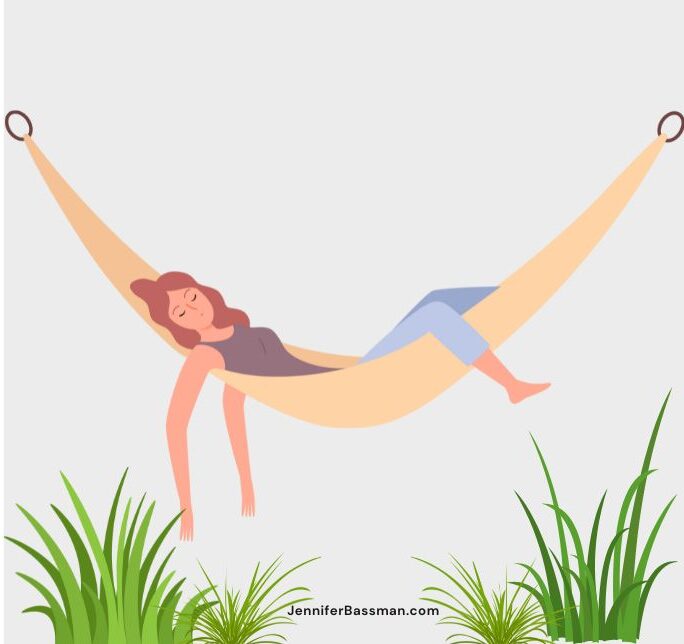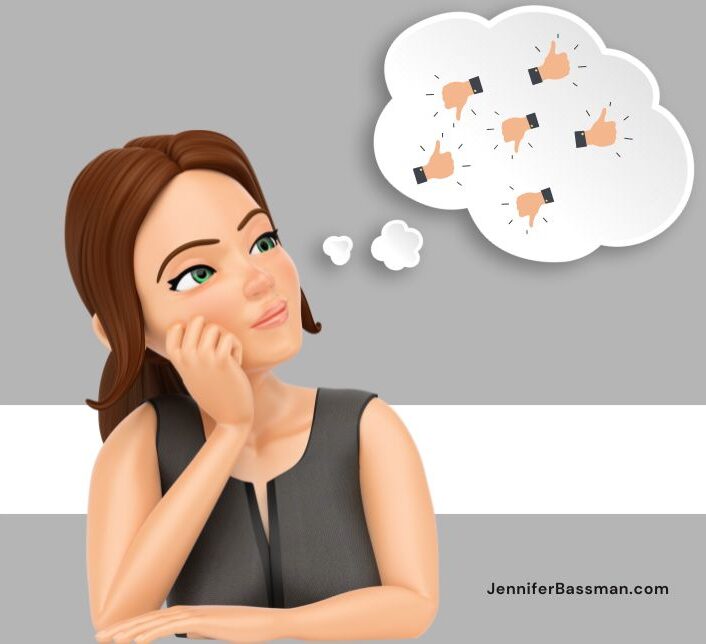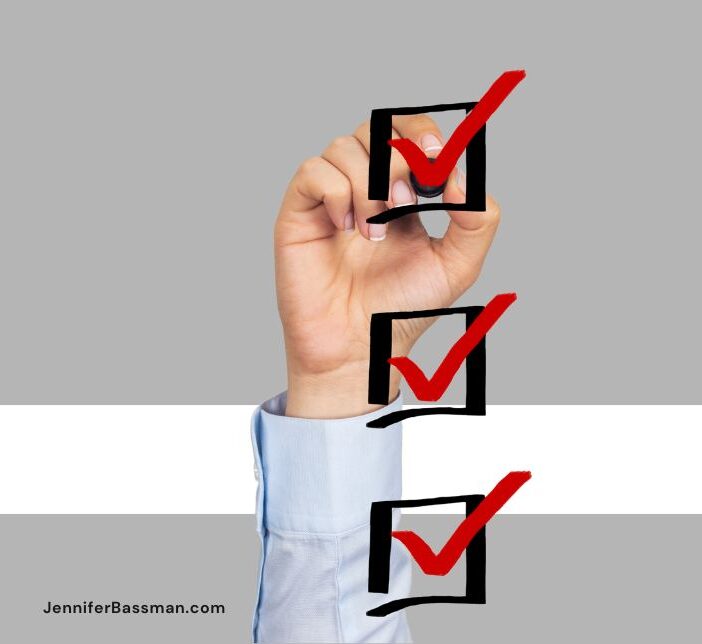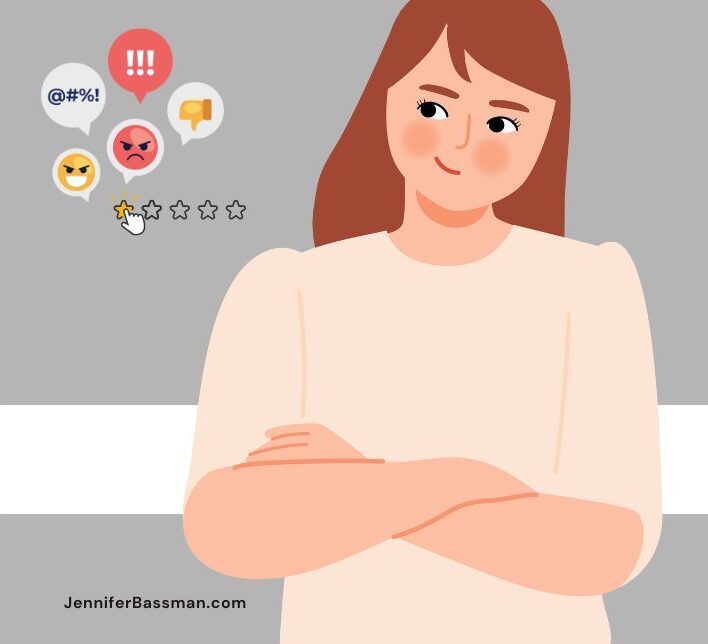“Hey there! I need to reschedule for tomorrow. I need to take one of my dogs to vet,” I texted to a colleague a few days ago.
I didn’t need to take my dog to the vet. I needed to take a break because I was frustrated and exhausted. I wasn’t in it to win it, and knew I wasn’t going to be an effective collaborator.
Instead of being honest, I felt like I needed to lie and justify taking a break.
Those few hours that I was spared of work were anything but relaxing. In the back of my mind, I wrestled with feelings of guilt and was stressed about the work that wasn’t getting done.
So, the next day, I wasn’t feeling recharged or reinvigorated when we picked up our work again. All I had done was postpone the inevitable.
Why do I (we) feel guilty and stressed out for taking a break? Why do I have to make up an excuse or even justify resting or relaxing?
Even I know the human brain isn’t designed to focus on one task for hours and hours on end.
I Get Sucked In, Too
Like a lot of other humans, the Hustle Culture mentality and American capitalism selfishness can creep into my thinking. Self-care and mental health then get down-graded to “I don’t have time” status.
A feeling creeps in that I could be and should be doing more – especially when I try to rest. If I keep pushing and working harder, then success will follow.
Besides, I think to myself, I have to stay productive to prove my worth.
Historically, hard work is valued and gets rewarded – despite of any personal cost. It’s what I learned in school and in my first job out of college. At that time no one was discussing mental health, burnout, or self-care. Now, those buzzwords are everywhere!
I do a pretty good job of enforcing my boundaries when it comes to attempted bullying by my conscience, but every once in a while, competitiveness, guilt, and fear weasel their way in.
Lately, I have been working in fast-paced environment that encourages people to go above and beyond to show their value. It’s more about quantity, rather than quality – which is totally out of alignment with my personal values.
What’s funny, is no one ever said I had to push myself this way. I just began mimicking the actions and behaviors of the people I worked with.
They stayed late to get ahead, so I did too.
They never said no to another responsibility, so neither did I.
They took meetings during their lunch hour and ate at the same time, so I came back to my desk as soon as my lunch was warmed up.
I internalized the attitude that surrounded me: I am part of a system that doesn’t have a sense of there’s ever enough.
Flood of Stress and Guilt When It’s Time for A Break
For most of us, there is fear underneath that flood of stress and guilt when we know it’s time to take a break. There’s a fear of:
- Fear of falling behind
- Fear of becoming or being viewed as less than our coworkers
- Fear of becoming less relevant or less valued at work
- Fear of missing out
These feelings can be crippling. Often, the day(s) off get tainted by the stress and guilt you feel about not being at work or where you’re “supposed to be.” So, the day(s) turn out to be anything but relaxing.
Even when we’re sick, this attitude creeps in. A 2022 study published in the Journal of Organizational Behavior found that even when people are sick, they feel guilty about resting and for not recovering fast enough.
It’s even more frustrating when we know our attitude toward rest isn’t logical. I spent those few hours that I scammed with my excuse about my dog, worried about what wasn’t getting done. So, what was the point of taking this time to myself?
Part of what happens in this scenario, is that so many of us have attached our identities to our work. This can lead to a lot being at stake psychologically because you feel like you are falling behind and/or underperforming. These feelings can snowball in intensity and consequence when other fears or worries add themselves to the cycle.
Tips for Taking a Break and Leaving the Guilt, Stress Behind
Not all breaks are created equal. Mindlessly scrolling social media or checking emails might feel like a break, but it’s not restorative. Effective breaks involve activities that give our brains a break from work. Things like taking a walk or engaging in a creative hobby.
There are consequences to not taking a break – whether it’s a five minute breather or a week-long vacation:
- Decreased motivation
- Mental and physical exhaustion
- Decreased productivity
- Inability to make effective decisions
- Less creativity
- Clouded, slower thinking
- Feelings of isolation, loneliness from avoiding time with family, friends
When I realized what I was doing a few days ago, I had a little chat with myself and did the following:
- Recognize the root of your stress: What specific thing is making you feel like taking a break is impossible? Now, challenge this belief. Challenging guilt is the antidote for it. For example, you feel stressed about taking a break because you know other people will have to pick up your slack. Challenge that idea by reminding yourself that taking time off will help you do your job better and be a more effective coworker in the long-run.
- Remind yourself that breaks are necessary: Your body and brain need the opportunity to recharge. (Even batteries have to take a break until they get charged up again.) Ultimately, taking time off might help you move forward in your career because you’ll keep your mind fresh, have better decision-making skills, and have a more open mind for creative solutions.
- Rest and relaxation offer cognitive benefits: Allowing your brain to rest helps clear the stress hormones that get in the way of critical thinking skills. Research shows that breaks increase productivity and enhance cognitive functions like attention, planning, time management, and emotional regulation.






